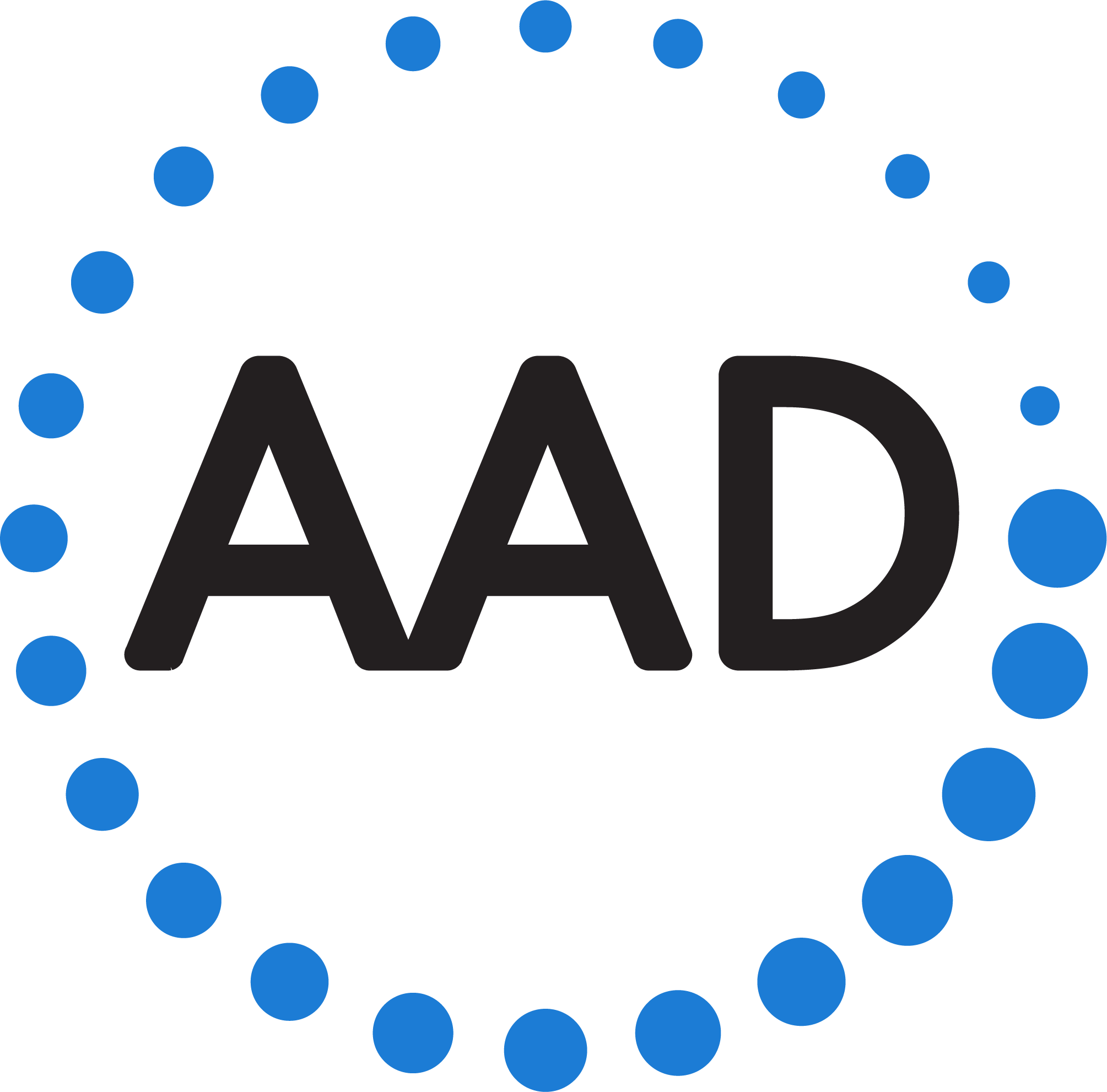Newswise — ROSEMONT, Ill. (Nov. 1, 2023) — Social media platforms are rife with skin care advice from a variety of sources, which can make it difficult to know how to approach the recommendations you find online. In recognition of National Healthy Skin Month this November, board-certified dermatologists are spotlighting unsafe skin care trends that they see on social media and elsewhere to help you keep your skin looking its best.
Performing cosmetic treatments at home
Dermatologists agree that performing cosmetic procedures at home is one of the most worrisome trends, and warn against people microneedling, injecting fillers, and using lasers to remove unwanted hair.
“This is something I find really concerning,” said Sara Moghaddam, MD, FAAD, a board-certified dermatologist in Selbyville, Del. “For example, at-home microneedling, also known as dermarolling, is dangerous due to risk of infections and improper techniques.”
Board-certified dermatologist Oyetewa Oyerinde, MD, FAAD, assistant professor of dermatology and director of the Skin of Color Clinic at Baylor College of Medicine in Houston, Texas, warns that just because you see someone perform a cosmetic procedure on their social media platform doesn’t mean that it’s safe.
“My patients will see people who document their entire experience performing a cosmetic procedure on TikTok or on Instagram,” she said. “I tell patients, even if their immediate effect looks good to you — and they may be using filters and other things to make it look good — you have no idea if they ended up in the emergency room afterward because of a bad reaction.”
Trying nasal tanning spray
Nasal tanning spray is another troubling trend, according to Lindsey Zubritsky, MD, FAAD, a board-certified dermatologist in Ocean Springs, Miss.
While self-tanner that you apply to your skin is a safe way to look tan, nasal tanning spray is not. For nasal tanning spray to work, you need to first inhale the spray and then spend time in the sun without protecting your skin from the sun. The sun exposure increases your risk of developing skin cancer and signs of premature skin aging like wrinkles and age spots.
The active ingredient in nasal tanning spray also isn’t safe.
“Nasal tanning spray contains either afamelanotide or bremelanotide (melanotan I or II),” said Dr. Zubritsky. “Melanotan isn’t approved or regulated by the U.S. Food and Drug Administration (FDA), and it’s illegal to sell it in many countries, including the United States.”
Using hot peppers to make lips fuller
Hot peppers have also made the rounds on social media as a pantry-ready way to achieve a fuller lip look, according to Dr. Oyerinde.
“I’ve seen people use peppers, like Scotch bonnet or habañero, to get their lips to look bigger temporarily,” she said. “That is potentially very dangerous, because it can cause allergic contact dermatitis, a form of eczema, or other rashes that can leave dark spots around the mouth or on the lips that are hard to get rid of.”
If you want fuller lips, a board-certified dermatologist can inject FDA-approved dermal fillers safely, Dr. Oyerinde said.
Taking supplements randomly
The practice of taking supplements without first consulting a physician has also proven problematic, according to board-certified dermatologist Rajani Katta, MD, FAAD, a clinical assistant professor at Baylor College of Medicine.
“Ingredients in supplements advertised for skin, hair, and nails have been linked to birth defects, an increase in cancer risk, and even side effects such as acne and hair loss,” she noted.
Skipping the sunscreen
To use or not to use sunscreen is another topic that’s been trending on social media.
“I’ve seen a huge rise in anti-sunscreen sentiment on social media, which is quite concerning,” said Dr. Zubritsky. “A significant number of people are posting about the harmful effects of sunscreen and claiming that most sunscreens lead to cancer or contain cancer-causing ingredients.”
These claims aren’t backed by science. The FDA’s current recommendations are based on current scientific evidence, and the science doesn’t show that any sunscreen ingredients currently available in the U.S. are harmful to human health.
To protect yourself from the sun and reduce your risk of skin cancer, the AAD recommends that people:
- Seek shade. Seek shade when appropriate, remembering that the sun’s rays are the strongest between 10 a.m. and 2 p.m. You can also look at your shadow. Any time your shadow appears shorter than you, seek shade.
- Wear sun-protective clothing. Wear a lightweight and long-sleeved shirt, pants, a wide-brimmed hat, and sunglasses with UV protection, when possible. For more effective protection, select clothing with an ultraviolet protection factor (UPF) number on the label.
- Apply sunscreen. Apply a broad-spectrum, water-resistant sunscreen with an SPF of 30 or higher to all skin not covered by clothing. Remember to reapply every two hours or after swimming or sweating.
Board-certified dermatologists have the expertise and training needed to perform cosmetic procedures and advise people on how to best care for and protect their hair, skin, and nails. To find a board-certified dermatologist in your area, visit aad.org/findaderm.
# # #
More Information
About the AAD
Headquartered in Rosemont, Ill., the American Academy of Dermatology, founded in 1938, is the largest, most influential and most representative of all dermatologic associations. With a membership of more than 20,800 physicians worldwide, the AAD is committed to advancing the diagnosis and medical, surgical, and cosmetic treatment of the skin, hair, and nails; advocating high standards in clinical practice, education and research in dermatology; and supporting and enhancing patient care because skin, hair, and nail conditions can have a serious impact on your health and well-being. For more information, contact the AAD at (888) 462-DERM (3376) or aad.org. Follow @AADskin on Facebook, TikTok, Pinterest and YouTube and @AADskin1 on Instagram.
Editor’s note: The AAD does not promote or endorse any products or services. This content is intended as editorial content and should not be embedded with any paid, sponsored or advertorial content as it could be perceived as an AAD endorsement.
